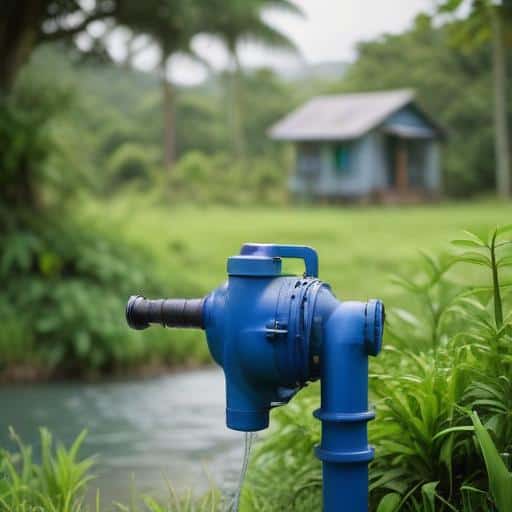Access to clean and safe drinking water is significantly improving lives in the remote villages of Nayau in Lau, according to local health professionals who have noted a decline in waterborne diseases. Nurse Timoci Bulitavo reports that these positive changes coincided with the commissioning of groundwater projects initiated two years ago.
Recently, two additional groundwater projects were launched in the villages of Narocivo and Salia. Bulitavo emphasizes that the availability of clean water doesn’t just enhance household conditions; it is vital to the overall well-being of the entire community. He advocates for such projects to be prioritized in maritime regions where health professionals and educators are often based, addressing pressing needs for access to potable water.
Minister for Lands and Mineral Resources Filimoni Vosarogo highlighted that these borehole systems are part of a larger national initiative, which aims to construct 1,500 boreholes across Fiji. The plan includes 750 for Viti Levu, 500 for Vanua Levu, and 250 for outer islands, all designed to provide sustainable water sources in areas where traditional water sources have dried up due to climate change. Vosarogo also stressed the importance of proper maintenance of these water systems to ensure their longevity and effectiveness.
These developments not only focus on immediate health benefits such as reducing disease prevalence but also aim to support local economies as access to reliable water sources enables greater agricultural productivity and commercial activities. Past initiatives have shown that improved access to water directly correlates with better hygiene and overall health outcomes, empowering communities towards sustainable development.
Overall, these ongoing efforts signify a hopeful trajectory towards enhancing living conditions for Fiji’s rural populations, as increasing access to clean water is essential for health, economic growth, and quality of life for the communities involved.

Leave a comment